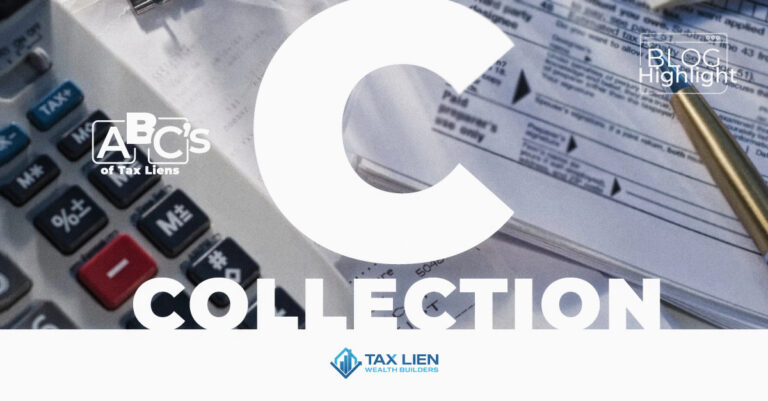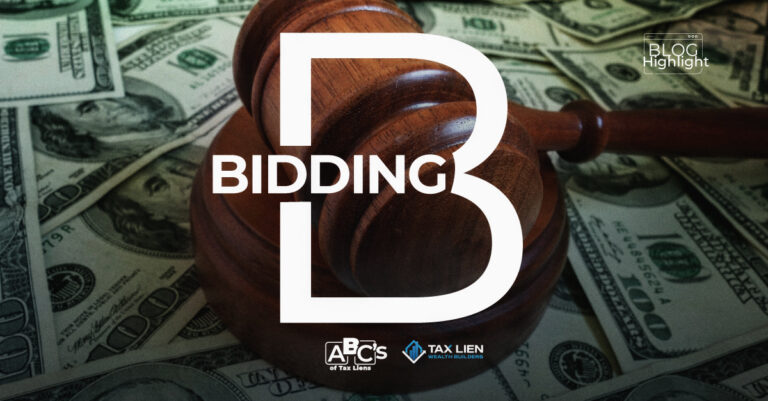Determining What States Sell Tax Liens
Tax lien investing is a major revenue generator for state governments. For this reason, each state has its own set of rules and regulations regarding tax liens. In some states, tax lien investing is open to the public while in other states it’s restricted to licensed real estate brokers.
Before investing in tax liens, it’s important to understand the rules and regulations of the state in which you’re interested. You also need to be familiar with the types of tax liens that are sold in that state. Some states sell real estate tax liens while others sell personal property tax liens.
In some cases, a state will sell tax liens on real estate. This means that the state will become the legal owner of the real estate until the taxes and any penalties are paid in full. The state may then sell or lease the real estate to recover the costs incurred.
It is important to determine if your state sells tax liens on real estate. If it does, you may want to avoid buying or selling real estate in that state. You should also be aware of the tax implications of an unrecorded deed in your state.
Each state has its own auction process for selling tax liens. In some states, the county government auctions tax liens. In other states, the state government auctions tax liens.
The commissioner is the head of the county government and presides over the tax sale. The sheriff is responsible for conducting the sale, and the assessor and treasurer are responsible for setting the opening bid prices.
The real estate market is always changing, so it is important to stay up-to-date on which states sell tax liens. The map below displays the states that currently sell tax liens.
The following states sell tax liens: Alabama, Arizona, California, Colorado, Florida, Georgia, Illinois, Indiana, Iowa, Kansas, Kentucky, Louisiana, Maine, Maryland, Michigan, Minnesota, Mississippi, Missouri, Montana, Nebraska, Nevada, New Hampshire , New Jersey , New York, North Carolina, Ohio, Oklahoma, Oregon, Pennsylvania, Rhode Island, South Carolina, South Dakota, Tennessee, Texas, Utah, Vermont, Virginia, Washington and West Virginia.
The states that do not sell tax liens are: Alaska, Arkansas, District of Columbia, Delaware, Hawaii, Idaho, Kansas City (MO), Massachusetts, Michigan City (IN), Minnesota City (MN), Montana City (MT), New Mexico, North Dakota, Oklahoma City (OK), and Wyoming.
The County Assessor
The county assessor is in charge of assessing a property’s tax estimated value. They put a value on every piece of real estate within the county. They determine the value by considering the county’s budget and the real estate’s fair market value.
Why is the Assessor important to us?
The most important thing is that property records are usually stored with the county assessor. When we research potential investments, the property records will be vital to us. We will find images, values, addresses, sales history, property description, etc. on these records. Increasingly, this information is stored online on the county assessor’s website instead of only in paper form at the county office.
Conclusion
It is important for investors to research the real estate market in each state before investing. The states that sell tax liens typically have a higher interest rate than the states that do not sell tax liens.
The states with a higher interest rate are typically those that sell tax liens.
You can learn more from our free and informative workshops. Join us: https://www.tlwbevents.com/workshop







